 ‘Look, we need to break the b******t bubble’. So said a bullish speaker at the Sustainable Economic Growth for Regional Australia event in Coffs Harbour, New South Wales last month. By this they were referring to a delusional state, in which economic growth is talked up as the solution to all issues, but is in fact failing to deliver economic wealth for all, and outstripping environmental limits.
‘Look, we need to break the b******t bubble’. So said a bullish speaker at the Sustainable Economic Growth for Regional Australia event in Coffs Harbour, New South Wales last month. By this they were referring to a delusional state, in which economic growth is talked up as the solution to all issues, but is in fact failing to deliver economic wealth for all, and outstripping environmental limits.
Many of the sessions in the four day event explored how we get a modern inclusive economy which works for and sustains rural areas, indigenous people, remote Australia and the regions. Underpinned by mineral wealth, the Australian economy has never been in recession. However, like the world over, there are the restless and concerned, who are far from complacent. The event had an edge, with a significant minority pushing the parameters and striving to break convention.
Breaking with convention will need a number of things. Not least a sense of urgency, which is often absent given the Australian lack of financial travails endured by us in Europe. A speech from the new deputy prime minister and minister for infrastructure and regional development Warren Truss, which preceded my own, presented many positive sentiments as regards the importance of regional Australia. However, his speech was worryingly absent on how the non-city areas of Australia should develop in the future, their role within a modern globalised economy, social inclusion and working with environmental change.
The local elected councillors, mayors and officials at the event are blessed to be working in some unique local places, with some isolated local economies serving local needs and demands, often rich in agricultural wealth and splendid natural environments. Many of the delegates perceived the need for an economic development which ‘snuggled’, and did not erode heritage and environment – an economic development which worked for people and their bit of the planet more.
I had numerous discussions about developing a local distinctiveness to economic growth, the future of a steady state economy and a future of no economic growth at all. In particular, I was struck by some who conveyed a sense that the future was about actually creating economies which were less about individuals, and more about the collective represented by communities and common heritage. Indeed, I left with the bullish speaker’s words ringing in my ears, who followed up his bad language with a much more poetic comment: ‘We need to bust the bubble by thinking less about me and more about us’. Ripper!










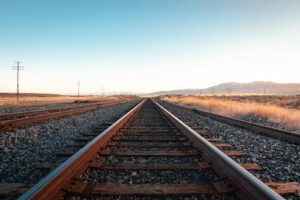
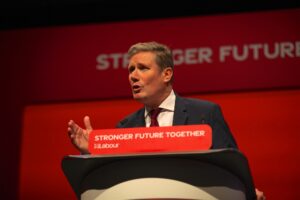
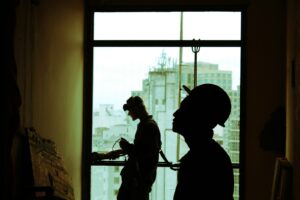

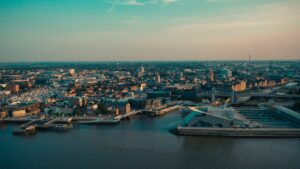
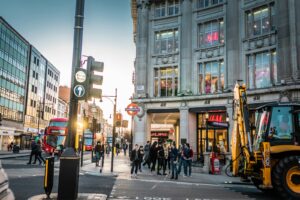

“Less about me and more about us”
That’s where people-centered economics begins:
“It is only when wealth begins to concentrate in the hands of a relative few at the expense of billions of others who are denied even a small share of finite wealth that trouble starts and physical, human suffering begins. It does not have to be this way. Massive greed and consequent massive human misery and suffering do not have to be accepted as givens, unavoidable, intractable, irresolvable. Just changing the way business is done, if only by a few companies, can change the flow of wealth, ease and eliminate poverty, and leave us all with something better to worry about. Basic human needs such as food and shelter are fundamental human rights; there are more than enough resources available to go around–if we can just figure out how to share. It cannot be “Me first, mine first”; rather, “Me, too” is more the order of the day.”
You make a very serious presumption when you say that ‘food and shelter are fundamental human rights.’
Food has to be grown, raised, harvested, transported, and prepared. Shelter, by societal standards, requires planning, construction, and heavy labour in order to secure. You are not entitled to someone else’s productivity by virtue of being born any more than I am. You’re entitled to your own life and the fruit of your labour. Anything else is coercion. You can put a gun to my head and make me pay taxes, but that does not mean that you have a ‘right’ to the food that I prepare or the shelter that I help construct. This is why we have the free market. It is only through voluntary transaction that there is abundance and sharing. It’s not sharing if I don’t agree to it, it’s not charity if there’s a gun to my head.